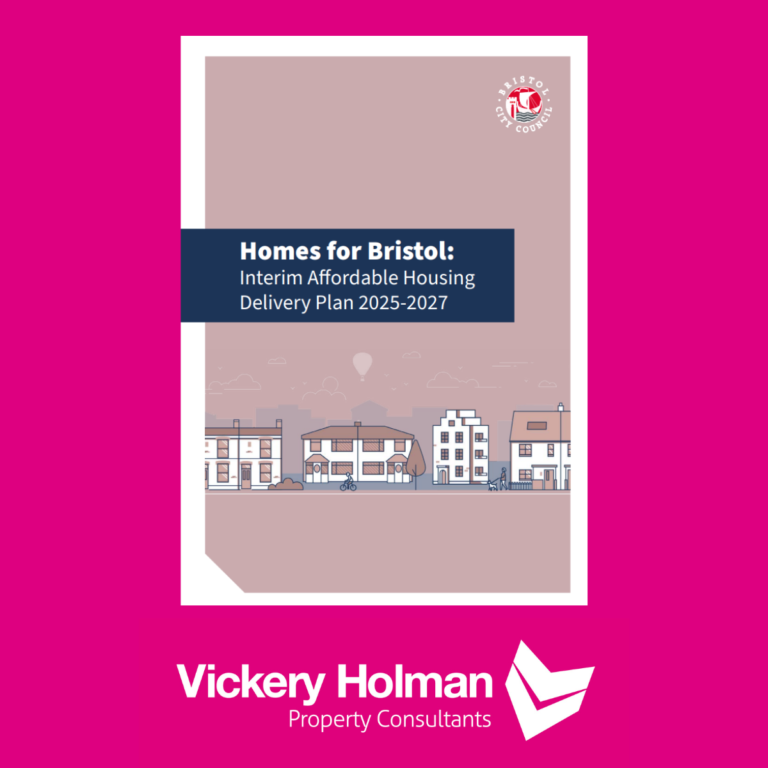The Brief Guide That Makes Calculating Your Business Rates Simple
For UK business owners, there are two small words that lead to instant unease: business rates. This tax on non-domestic properties used for business purposes can be a yearly pain.
But, like any other tax, it’s better to know what you’re dealing with than to be in the dark. So, join us today as we break down this particular business tax, where it comes from, and how to calculate yours.
Who Sets Business Rates?
Let’s start at the beginning. The central government (Valuation Office Agency) sets the official business rates for businesses across the UK. They set a pence-in-the-pound value and apply it to your property’s rateable value. Depending on the rateable value, either a standard or small business multiplier is used to calculate how much you will have to pay in business rates.
Your property value has to be open market and is actually hypothetical, being its estimated rental value on a specific date. Any property valued up to £15,000 is eligible for small business rates relief if your business only uses one property – you may still be able to get relief if you use more. If your property’s rateable value is £12,000 or less you will not pay business rates. For properties between £12,001 – £15,000 the relief is calculated on a sliding scale, gradually decreasing from 100% to 0%.
“But do I have to pay business rates?” Yes. If you occupy a building used for non-domestic purposes, you do. Following an announcement the revaluation would be brought forward by a year, business owners have recently been happy to find out the planned 2021 revaluation has been pushed back to 2022. The revaluation process historically took place every five years; bringing it forward would have made it four. With the impact of COVID-19, businesses have been given some leeway as ministers seek to provide some certainty during this difficult time.
Regardless, the rate is mandatory and failure to pay it can result in massive fines.
Exempted Buildings and Empty Buildings Relief
There are various ways for businesses to secure a rates exemption. Various properties, specifically, may be exempt, including:
- Buildings used for training or welfare for disabled people
- Buildings registered for religious use
- Agricultural land and buildings, including fish farms
If your non-domestic property is empty for three months, you do not have to pay business rates. After this time, most businesses will need to pay full business rates. Some properties can get extended relief, including:
- Industrial premises – exempt for up to six months
- Listed buildings – until they are reoccupied
- Buildings with a rateable value of under £2,900 – until they are reoccupied
- Buildings owned by charities
- Community amateur sports clubs buildings
COVID-19 Business Rates Relief
Businesses in the retail, hospitality and leisure sectors will not have to pay business rates for the 2020 to 2021 tax year. If this applies to you, you should not need to take any action as your local council will apply the discount automatically. Eligible properties include:
- Shops
- Restaurants, cafes, bars and pubs
- Cinemas and live music venues
- Assembly and leisure properties
- Hospitality properties, including hotels, guest houses and self-catering accommodation
This also applies to nurseries in England for children up to five years old, if the business is on Ofsted’s Early Years Register.
Beyond these exceptions, there’s not much opportunity to circumvent your business rate responsibilities. Without any actual reason not to pay, it’s best not to miss or ignore your payments.
How To Estimate Your Rates
As mentioned, your business rate will be based on your property’s rateable value. As you might guess, however, the question “What is a business rate?” is less easy to answer than “What is a business rate this year?” These rates shift, according to regular revaluations. But, with a little research and a quick visit to the official government calculator, they’re not difficult to track down.
Get The Best Of Your Business Rates
It’s no secret business rates are an annoying part of the business ownership process in the UK, especially for small businesses. Still, there’s no getting around them for the majority of businesses and the penalties for not paying are stiff. If you have a business property of any sort, you’re going to have to tame the beast of your business rates payments, sooner or later.
Hopefully, today’s article has given you the tools and insights you need to do just that. For more insights into the business rates process, as well as several other great property articles, be sure to check out our other blog posts, today!





